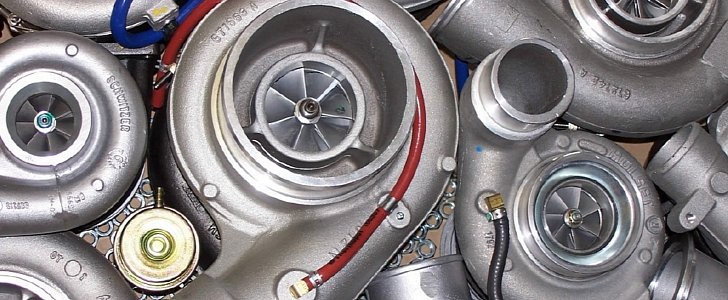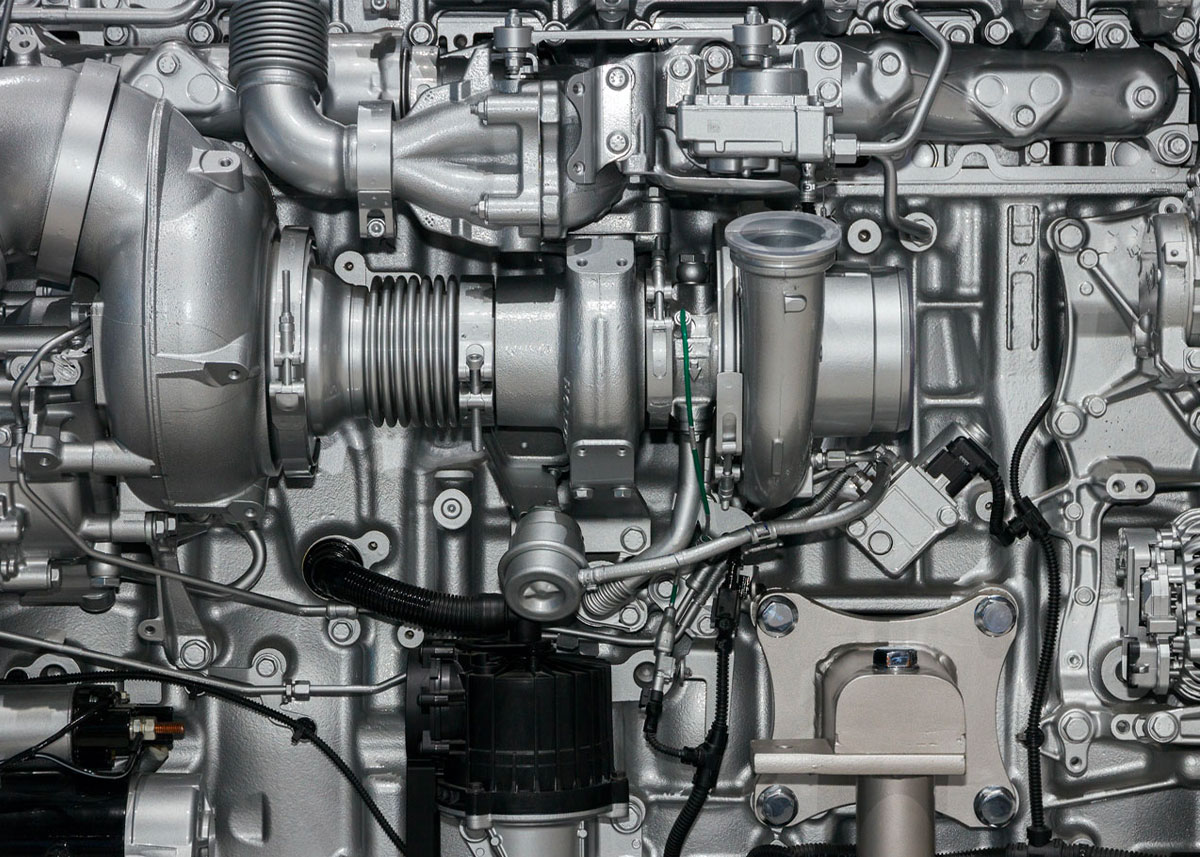Premier Distributors: Engines For Africa Supplies Dependable Power
Premier Distributors: Engines For Africa Supplies Dependable Power
Blog Article
A Complete Overview to Choosing the Right Engine for Your Task
Selecting the suitable engine for your project is a critical decision that can substantially influence its general success. It is necessary to carefully define your task needs, assess performance needs, and take into consideration user-friendliness along with various other vital factors. In addition, recognizing the community assistance available and scrutinizing cost ramifications can even more improve your selection. Each of these elements plays a pivotal duty in making sure that your selected engine not only fulfills immediate purposes but additionally straightens with lasting ambitions. As we discover these considerations, you may discover that the subtleties of each element expose even more than at first expected.
Define Your Project Requirements
Specifying your project needs is a crucial action in choosing the appropriate engine for effective implementation. An extensive understanding of your job's purposes will certainly guide you in recognizing the abilities and functions called for from an engine. Begin by detailing the extent of your project, including the desired performance, target audience, and the specific results you aim to attain.
Next, think about the technological demands that straighten with your job objectives. This includes examining the compatibility of the engine with existing systems, in addition to the shows languages and structures that will be used. Furthermore, analyze the degree of scalability called for to fit future development or changes in need.
Budget plan restrictions also play a crucial function in specifying your job needs. Develop a clear monetary structure to direct your decision-making procedure, making certain that the engine picked fits within your spending plan while supplying the essential performance.
Evaluate Performance Requirements

Engines that sustain straight scaling are frequently more effective for larger applications. Furthermore, evaluate the engine's efficiency under various problems, such as peak usage scenarios, to guarantee it fulfills your dependability criteria.
Think About Ease of Usage
While technical specifications are important, the ease of use of an engine can considerably affect the growth process and general job success. An instinctive user interface, clear paperwork, and streamlined workflows can significantly lower the learning curve for designers, allowing them to concentrate on creative thinking and problem-solving as opposed to facing complicated devices.
When examining an engine's ease of use, think about the onboarding experience. A well-structured introduction, full with tutorials and sample tasks, can facilitate a smoother transition for brand-new users. In addition, the clarity and comprehensiveness of the engine's paperwork play an essential function; detailed guides and API referrals can empower programmers to troubleshoot and carry out functions successfully.
An engine that enables for easy adjustments can be extra user-friendly, as programmers can tailor it to fit their particular needs without substantial hassle. Ultimately, selecting an engine that prioritizes simplicity of usage can lead to a much more efficient and pleasurable growth experience.
Assess Community and Assistance
The strength of an engine's area and support network can greatly influence a programmer's experience and success. When examining an engine, consider the dimension and activity level of its area.
In addition, evaluate the schedule of official assistance networks. Dependable documentation, responsive consumer assistance, and regular updates are crucial for dealing with technical issues and maintaining your job on track. Engines For Africa. Energetic areas additionally foster cooperation, giving possibilities for networking and feedback, which can be very useful, particularly for small groups or independent developers
In addition, examine the visibility of community-run events, such as hackathons or navigate here meetups. These gatherings can improve your understanding of the engine while attaching you with skilled individuals and possible collaborators. In summary, a robust neighborhood and support group not only simplify development however likewise produce an environment for discovering and innovation, eventually look at these guys boosting the chance of your task's success.
Contrast Price and Licensing Options
Budget factors to consider play a crucial function in picking the ideal engine for your job, as the expense and licensing options can considerably impact both short-term expenses and lasting feasibility. Engines For Africa. Different engines provide differing pricing structures, which can consist of single acquisition charges, membership models, or revenue-sharing arrangements based upon your job's profits

Accrediting alternatives additionally differ significantly. Some engines are open-source, providing versatility and community-driven support, while others may call for proprietary licenses that restrict usage and circulation. Comprehending the implications of each licensing version is important, as it impacts ownership civil liberties, future scalability, and possible legal responsibilities.
Final Thought
Finally, selecting the ideal engine for a job requires a complete evaluation of defined job demands, efficiency demands, simplicity of usage, area assistance, and price factors to consider. By methodically addressing these critical factors, decision-makers can ensure positioning with both future and present job demands. A knowledgeable selection eventually boosts the possibility of task success, making it possible for effective source allotment and taking full advantage of prospective results within the defined budgetary constraints.
Selecting the ideal engine for your job is an important decision that can considerably influence its overall success.Defining your job needs is a crucial action in picking the appropriate have a peek at these guys engine for successful implementation. A detailed understanding of your task's goals will certainly assist you in recognizing the capacities and attributes needed from an engine.As soon as you have a clear understanding of your task requires, the following action is to evaluate the performance requirements of the engine.In final thought, selecting the appropriate engine for a task demands a comprehensive analysis of defined task requirements, efficiency demands, ease of use, area assistance, and expense factors to consider.
Report this page